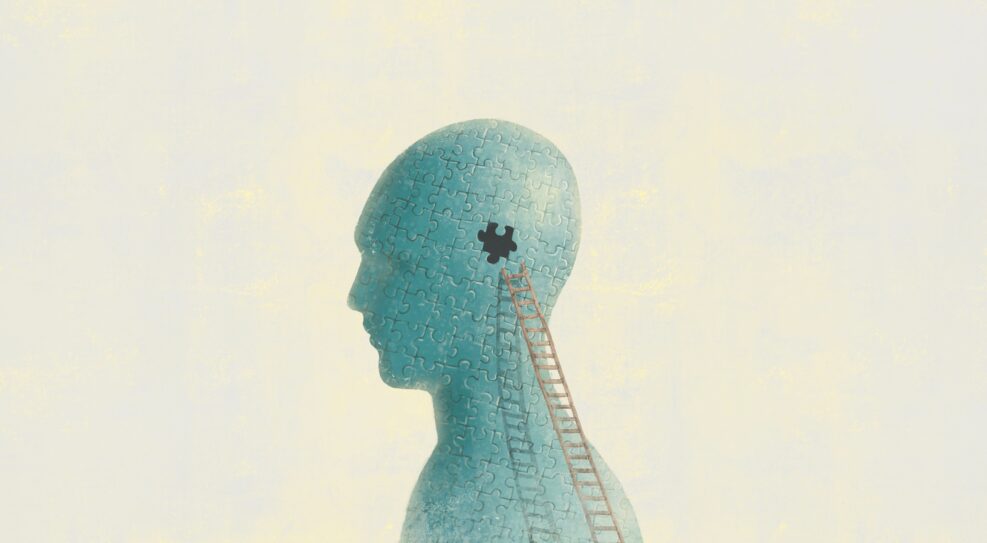
Neuroscience, the Mind, and Theism
What can modern neuroscience teach us about the immaterial mind? Can we ever know anything for certain? In this episode, neurosurgeon Michael Egnor talks with anthropologist Dr. Joshua Farris. They discuss the brain, Descartes, and the theological implications of the various philosophies of mind. Additional Resources


















